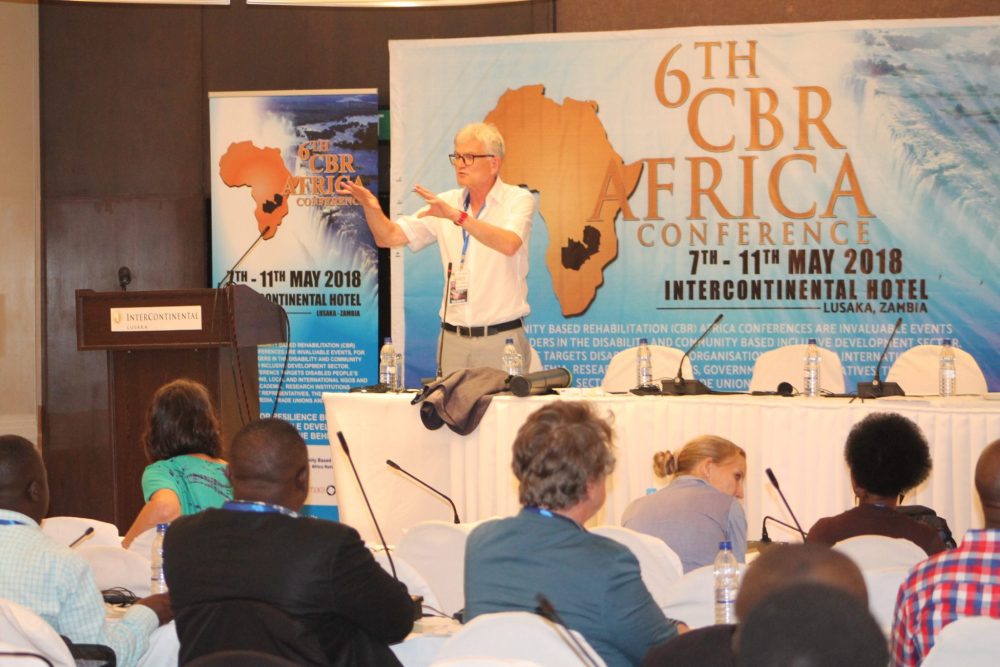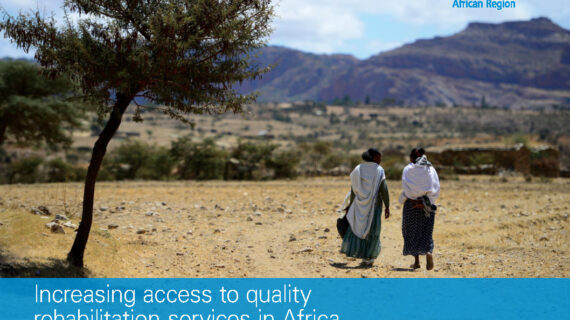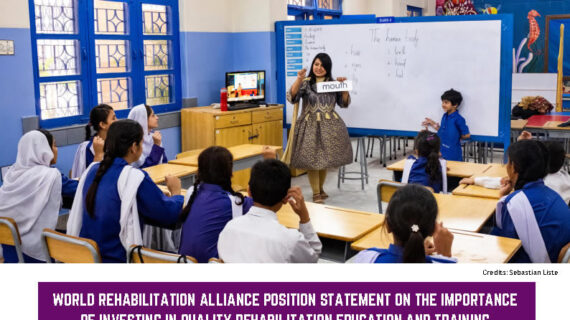CBR for Inclusive Education; Cameroon Making Strides
Children with disabilities in Cameroon as in other Low and Medium Income Countries (LMIC) experience stigma from birth and are more prone to exclusion, concealment, abandonment, institutionalization and abuse.
By Mercy Nyangu
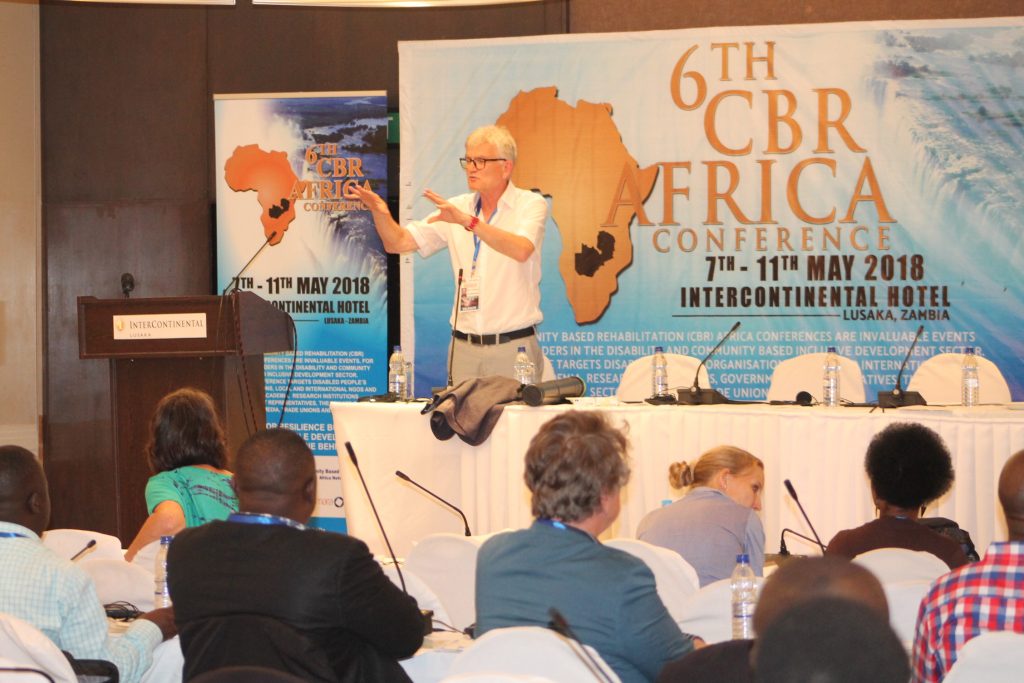
Chelsea (Five) was diagnosed with profound hearing impairment and enrolled in Pre-school at home. Her elder brother aged seven also learned Child Sign Language (CSL) through home-based pre-school sessions. Eventually they both were enrolled in an inclusive school accommodating both learners with diverse impairment and children without impairments. Chelsea leads a happy childhood and her elder brother who masters sign language is her hero.
Salamatou (four) was diagnosed with early childhood stunting. A combination of frequent stimulation, nutrition and support through home visits and frequent exercises is helping prepare her for school in a few years.
The above examples are results of CBR community interventions in Cameroon as a way of increasing access to education for Children with Disabilities – a case study of Cameroon.
Children with disabilities in Cameroon as in other Low and Medium Income Countries (LMIC) experience stigma from birth and are more prone to exclusion, concealment, abandonment, institutionalization and abuse. CBR Africa 2018 Conference delegate from Cameroon has reported.
Jacques Chirac said of the 1,272,189 People with Disabilities (PWDs) in Cameroon, of which 795,118 (representing 62.5% of 1,272,189) are children. Chirac was sharing the Cameroon experience of implementing CBR and inclusive education in resource limited settings.
“We are employing a number of strategies: We work closely with Community Units in communities to provide disability focus health education to pregnant and breastfeeding mothers. We train nurses and midwives on early identification because early identification assists in achieving more effective results. We further develop follow-up plans for children suspected to ensure comprehensive diagnosis” he explained.
Jaccques said once diagnosed, they work with families to develop a child development plan with careful tracking and follow-up parameters. He said communities also work to mobilise resources to access quality care and rehabilitation services for the children. He said they further set-up support groups of mothers with children with disabilities for continued support.
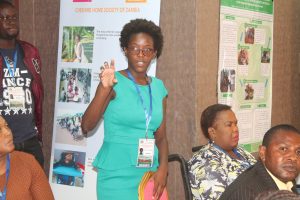
“The important thing is to understand that each child may be different, and we must identify appropriate education facility for each child based on their impairment and capabilities,” he explained. Jacques said that despite the challenge of limited resources to cover the service demand CBR initiatives have achieved some notable results such as increased enrolment of CWDs from disenfranchised families in education. He said there has also been improved participation and performance of CWDs in education.
“For early childhood care and education to be rewarding and be effective, accessible and equitable, a society must invest in it’. By investing in early assessment and intervention; universalizing access to early education; and promoting inclusive, community based educational provision with reliable specialist support then we are really making progress in leaving no one behind,” he said.

